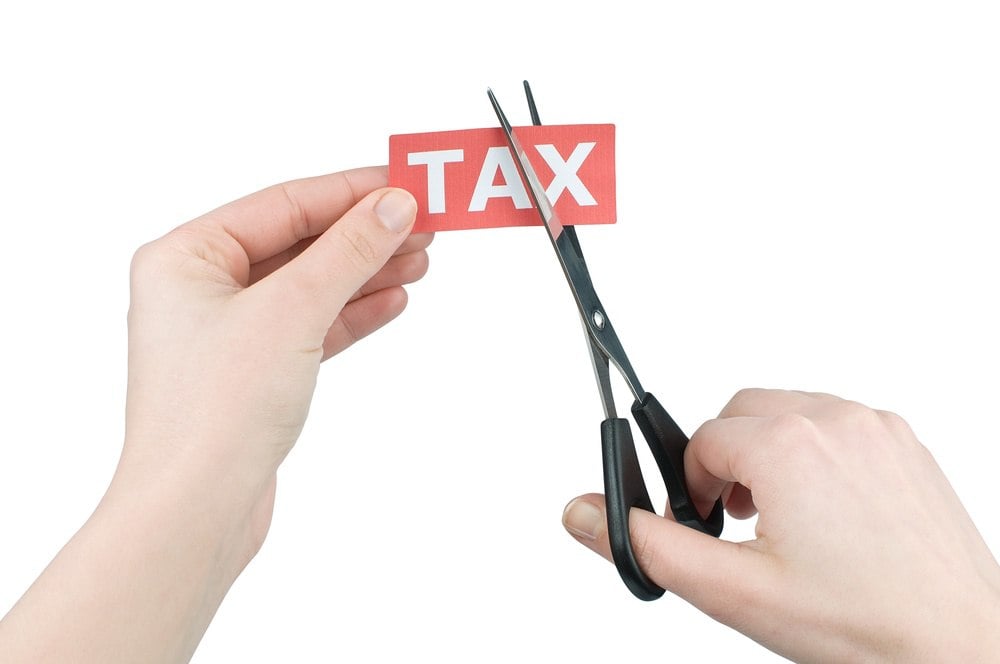Introduction to Tax Payment Plans
When an individual cannot pay the full balance owed to the IRS, one of the most common solutions is to get that taxpayer set up on a tax payment plan. However, payment plans are not a matter of right, and taxpayers must meet several requirements in order to get their tax payment plan approved. It is important that to be aware of these criteria, as making sure you have met all of the requirements in advance will help expedite the approval of your IRS payment plan.



